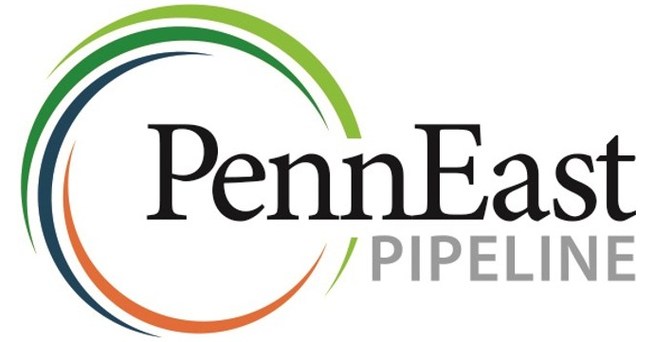The U.S. Supreme Court has received a response from the state of New Jersey in opposition to a petition by the PennEast Pipeline Company, requesting the court hear its appeal of lower court decision denying the condemning of 42 parcels of state-owned land for its $1 billion pipeline project.
The brief was filed by the state on Jun. 2. Points the state argued in urging the high court to deny hearing PennEast’s petition included the notion that PennEast incorrectly argues the Constitution in regards to private parties ability to sue states under the Natural Gas Act (NGA).
NGA regulates the transportation and sale of natural gas for interstate distribution and commerce, according to NGA documents.
“The state’s argument is that the Congress can delegate the power of eminent domain to a private company, but in this particular case Congress did not also grant to a private company the federal government’s ability to sue a state,” said Tim Duggan, a partner with Stark and Stark, Lawrence Township, with experience in eminent domain. Stark and Stark is representing property owners against the pipeline project.
“The state’s argument is simple: a private company cannot sue a state in federal court,” he said.
He added that the only way that would happen is if Congress did in fact allow that ability when the legislative body adopted the NGA.
The petition previously filed by PennEast prior to the state’s brief is called “Petition for Writ of Certiorari” (a written request for review). This petition has to be filed in order for the U.S. Supreme Court to hear a case.
PennEast is arguing that the NGA authorizes a private gas company to exercise the federal government’s power of eminent domain to secure the construction of an interstate pipeline if the Federal Energy Regulatory Commission (FERC) grants a company a certificate for a project.
“The Third Circuit’s decision effectively invalidates an Act of Congress and will disrupt how the natural gas industry has operated for the past eighty years to boot,” PennEast representatives stated in the petition.
According to the U.S. Supreme Court, the court’s 2020-21 term for hearing cases begins in October.
“PennEast has taken the position that this is such a game changer and gives the state veto powers that it will have a huge impact on the ability to build natural gas pipelines across the country,” Duggan said. “The company’s biggest challenge is the simplicity of the state’s argument.”
The construction of the 116-mile long natural gas pipeline is a $1 billion project from Pennsylvania into New Jersey. If the pipeline project were to be constructed, its construction would occur in the Hopewell area, while the New Jersey leg of the pipeline accounts for about one-third of the total project.
“I think the U.S. Supreme Court will make its decision on whether to hear the case pretty quickly. Then it will be a longer process for the briefing on oral arguments,” Duggan said. “We are in step one.”
In February, PennEast Pipeline officials were granted a two-year extension from the Federal Energy Regulatory Commission (FERC) to complete the construction of pipeline project facilities. FERC is a federal independent agency that regulates the interstate transportation of electricity, natural gas and oil.
Over the course of 2019, PennEast faced several setbacks in the New Jersey portion of the pipeline.
In November, the company made the decision to appeal its federal appeals case to the U.S. Supreme Court.
The decision came in light of a November ruling by Third Circuit Court of Appeals, denying PennEast’s request to rehear a case concerning the condemning of 42 parcels of New Jersey state-owned land for PennEast’s pipeline project.
Due to that denial and opinion by the third circuit, the New Jersey Department of Environmental Protection also denied the company’s Freshwater Wetlands Permit application siting that PennEast’s application could not be “administratively complete” because of the circuit’s decision.

